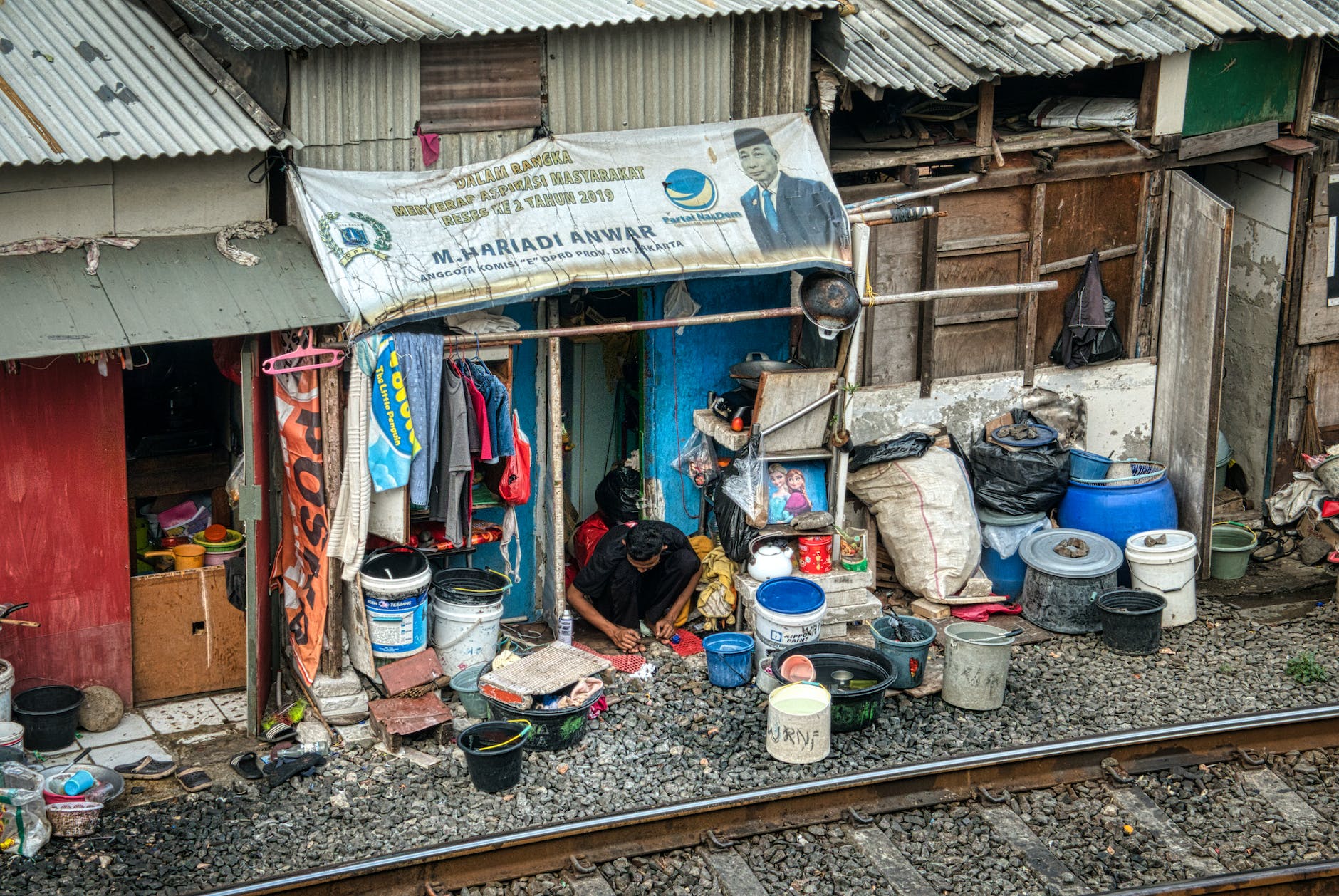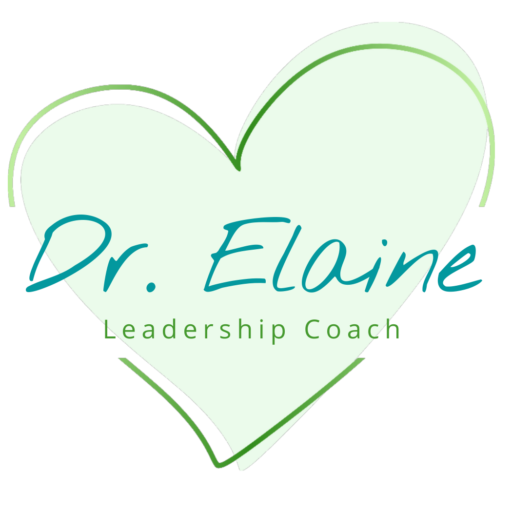What Will the Next Leg of Your Life’s Journey Look Like?

Not sure what you want? Most of us have been in this situation at some point in our life. I’m sharing a few questions you can ask yourself to get started. These questions are just the beginning of learning about yourself.
When I completed my doctoral degree, I had also retired from work. Retirement was not my choice; health issues played a huge role. I could no longer work as a nurse, I finished school (again), and my health left a lot to be desired. So, what was I doing to do with my life? First, for me, was to find out how to cope with my diagnosis of an autoimmune disorder that had left me with almost no energy – no matter how much I slept I was exhausted physically and mentally after about 2 hours of minor activity. What did I want? I wanted my health. But that is not what most people want. Most people want to be happy and have a sense of purpose.
“What do I want to do with my life?” is a question we all ask ourselves at some point. We wonder: What career do we want? How do we want to spend our time? What really leads to a life worth living?
The answer to what we want to do with our lives depends on several things. Let’s examine a few questions you can ask yourself to get started toward finding your answer.
1. What makes you happy?

We all want happiness. We have also been told that we will find happiness inside ourselves. Other people and things will not give us happiness. Have you asked yourself ‘What makes you happy?’ Asking yourself that question is a good place to start. We have a plethora of emotions some sad, some happy, some exciting, some ho-hum, and everything in between. No matter what emotion you experience, it is real and deserves to be acknowledged. However, we don’t want to dwell on the emotions that don’t lift us up. Instead, focus on those things you can identify that make you smile, make you feel good, and make you happy. We want to experience positive emotions and eudaimonia, which can be defined as meaning in life, well-being, or even happiness. So, start to pay attention to yourself and find out what makes you happy. Knowing what makes you happy will help you decide what to do next in your life. Afterall, why would you want to choose something that you don’t enjoy or that won’t lead you in the direction you choose?
For example, what do you like to do? When are you the happiest? Who are you with when you are the happiest? What goals bring a smile to our faces? Now, what kind of life would help you do these things and feel this way more often?
2. What are your needs?

What do you need in life? Don’t confuse want with need. Most of us would love to have a million dollars, a perfect relationship, perfect children, and a beautiful home with the workers to look after the house, yard, and anything else connected with our home. There are basic needs: food, shelter, safety, clean water, access to healthcare, access to education, a job we like and that pays us enough to have financial stability. Not everyone has those things. For those who do not have those things deciding what you need becomes easier to decide, but not necessarily easy to obtain. If you are curious about this do a search for Social Determinants of Health. If you have not seen this before you might be surprised. Identify what you need, as in those things which are most important to you right now. This is where your values could come into play. A loving relationship, a family, education, food security, a home, or enough money to pay the bills. I still have a need for health. Though my health is much better than when I was forced to retire, I still must make some advances and be even better. Using health as an example of what I need I am obligated to identify what actions to take to improve my health i.e., eat a healthier diet, and eat and drink less, drink more water, increase my physical activity, get enough quality sleep, and do things I enjoy. What are your needs? What is important to you and why? My health is important to me because my family is important to me. When I was at my sickest my husband had a lot of work to do to care for me, the house, and the yard. He did all the cooking, cleaning, and laundry. I don’t want him to have to be in that situation again.
According to Maslow’s hierarchy of needs, social/love needs, and self-esteem needs are of higher priority than self-actualization—or living up to our full potential. Other needs—like competence, autonomy, and relatedness—are also thought to be keys to well-being and living a good life (Reis et al., 2000). We all deserve safety, love, and appreciation therefore, we might need to take some steps to achieve those items.
3. What are your values?

I am big on values, and you will know this if you have read many of my previous blogs, or LinkedIn and Facebook posts. Values guide us in our actions, behaviours, our treatment of ourselves and others. Our values are somewhat like a globe – many details aren’t apparent, but they give us the guiding direction we need to get started. Our values help us move forward in ways that matter and are important to us (Roccas, Sagiv, Schwartz, & Knafo, 2002). If you have not identified your values now is a suitable time to do so. If you have identified your values quite some time ago, this is a time to evaluate and reflect on them. Aligning day to day activities with your values will put you on a path of which you can be proud and keep you moving in the right direction. If you value social connection, then you understand that being around others is important in your life. Working full-time from home might not be a viable choice for you. If you value kindness, you might want to look for work or volunteer activities that provide an opportunity to help others. By reflecting on your core values, you can better understand what you want.
4. What activities make you lose track of time?

Have you ever been so absorbed in something that you have lost track of time? Chances are that activity was something you enjoyed such as a game, a hobby, an activity, or something fun. I recently painted ceramics with my daughter and granddaughter, we had no idea of the time. We thoroughly enjoyed ourselves. When you are absorbed in something you enjoy the time passes quickly as opposed to when you are trudging your way through an unenjoyable task. I cleaned my fridge yesterday, and I am happy with the end product, but it felt like it took forever – time dragged. That feeling of total absorption is referred to as flow—or the positive feeling of being totally connected to our performance (Jackson & Marsh, 1996). Flow occurs when we’re doing what we really enjoy and is just the right fit for our skill level.
Identify the activities in which you get super absorbed. These activities are clues to who you are and what you want in life.
5. What would you do if you could do anything in life?

There are no restrictions here – no time, money, health, or other people stand in your way to your choice. In reality, we know we can’t fulfill all our wildest dreams. I applied to be an astronaut, and I got a rejection letter. That wild dream did not come true, but I took the step to apply. I knew my qualifications were the bare minimum and that I was a bit old, but if you don’t try you will never know, I didn’t give up hope until I got the letter. Are you putting limits on yourself? Often these limits are needed or aren’t accurate? Are you merely making excuses because you are afraid to fail? There isn’t really failure, you just haven’t found the best way that works. Don’t put false limits on your potential. Take the time to acknowledge what you really want as this can help you identify the general direction for your journey to your next adventure.
6. What is the gestalt of your life?
Gestalt is German for “pattern,” “shape,” or “configuration.” The way I like to think about gestalt – the end result is larger than the sum of the parts. Consider your house. Is your house your home? For some people it is, for others home is where they are or where their family is. A house is only a home when the people they love are there, this is one way to consider gestalt. What is this for you? Rather than think of the small parts examine the larger picture. My job as a nurse wasn’t just a job, it was my profession and something I loved doing. Yes, it brought in the money to pay the bills and give me a good life, but it was much more than a job, it was my calling. I miss working as a nurse.
What will bring you satisfaction and allow you to lead the type of life you want? How will you describe the feeling you will have when you achieve the life you want to have? How will the pieces fit together? Imagine you are a fly on the wall looking at your dream life. From the perspective of someone or something else what do you see?

These questions are a starting point to figuring out and deciding what to do with your life. You can delve more deeply into who you are and what you want, but these questions will get you rolling to move forward to life of joy and happiness. Do you have questions, need some clarity, or aren’t sure where to go next, contact me and we can chat. Sometimes that is all you need – a chat to say things aloud, to get those thoughts clearer in your mind.
References
- Reis, H. T., Sheldon, K. M., Gable, S. L., Roscoe, J., & Ryan, R. M. (2000). Daily well-being: The role of autonomy, competence, and relatedness. Personality and social psychology bulletin, 26(4), 419-435.
- Roccas, S., Sagiv, L., Schwartz, S. H., & Knafo, A. (2002). The big five personality factors and personal values. Personality and social psychology bulletin, 28(6), 789-801.
- Jackson, S. A., & Marsh, H. W. (1996). Development and validation of a scale to measure optimal experience: The Flow State Scale. Journal of sport and exercise psychology, 18(1), 17-35.
